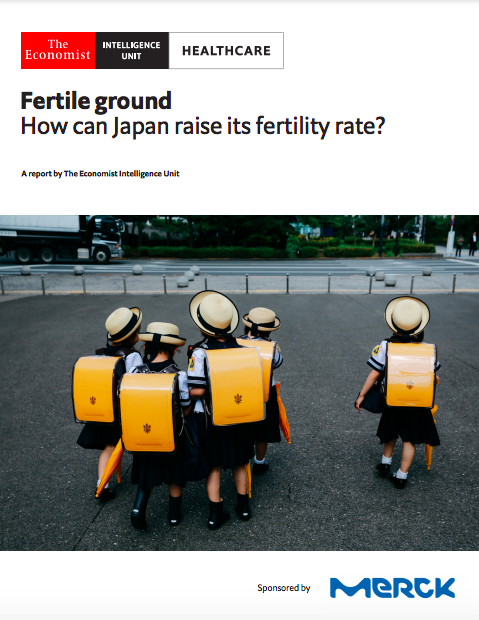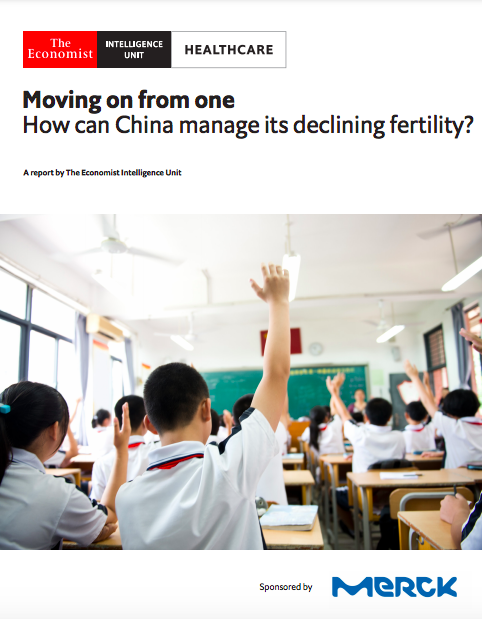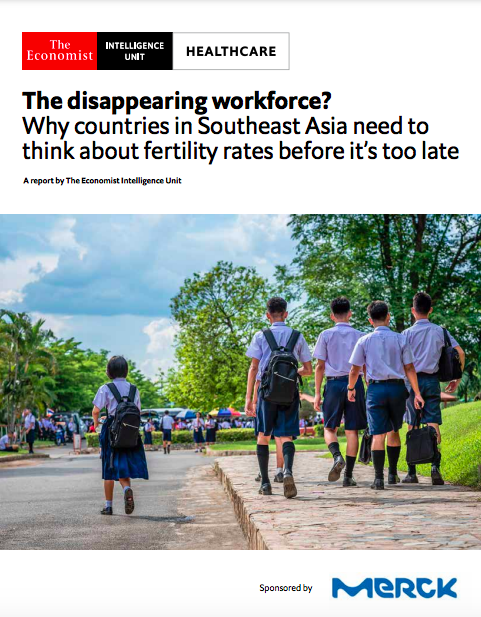The Economist Intelligence Unit’s report, “The only way is up: Making Taiwan a better place to have a family” examines fertility in Taiwan. We interviewed experts and government officials and examined the correlation between fertility rates and selected variables across cities and counties in Taiwan. The report also examines the experiences of four other countries—Japan, South Korea, Singapore, and France. The report is sponsored by Merck, and supported by the European Chamber Of Commerce Taiwan (ECCT).
- Instead of asking “what can be done” to improve fertility rates, ask “how can we encourage people to marry”?
- When people are fearful of their economic future, they are less likely to risk having children. How can Taiwan improve new married couples’ sense of security?
- Fertility clinics and IVF subsidies may allow couples to have children when previously they were unable to. Can localised subsidies encourage competition between cities and counties?
More from this series:








